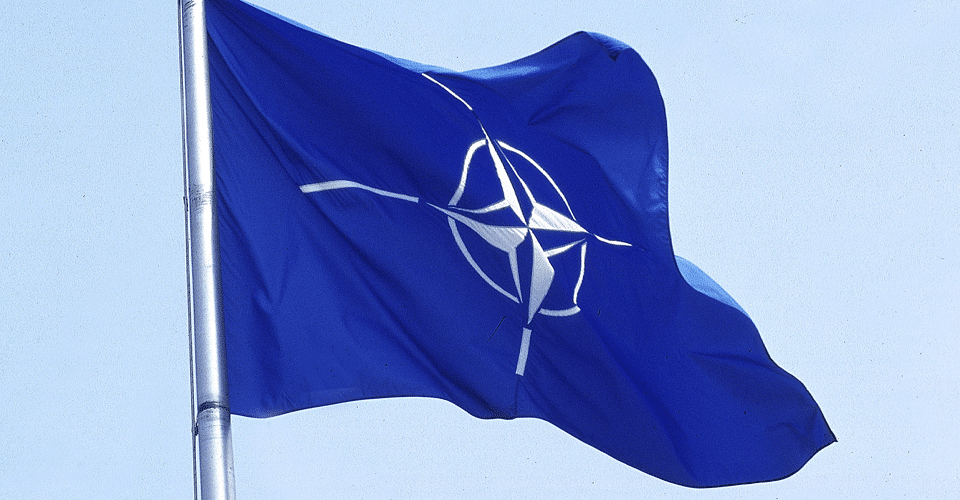Здоров’я серця – це основний показник загального стану нашого організму. Щоб серце працювало надійно та ефективно, необхідно забезпечувати йому достатню кількість поживних речовин. У цьому контексті залізо та вітаміни відіграють ключову роль у забезпеченні оптимального функціонування нашого серця та кровоносної системи. Залізо, яке є одним з ключових мінералів, є необхідним для вироблення червоних кров’яних клітин та перенесення кисню до різних частин організму. З іншого боку, вітаміни, зокрема вітаміни С, Е та D, відіграють важливу роль у підтримці здоров’я серця через свої антиоксидантні властивості та здатність покращувати функцію судин.
Роль заліза в здоров’ї серця
Залізо, важливий мінерал, є ключовим елементом у підтримці оптимальної роботи серцево-судинної системи. Цей мікроелемент входить до складу гемоглобіну – білка, який переносить кисень із легенів до всіх клітин нашого тіла. Серце, як найважливіший орган в системі кровообігу, великою мірою залежить від належного рівня кисню, що надходить до нього через кров’яні судини. Забезпечуючи виробництво червоних кров’яних клітин, залізо забезпечує нормальний кровообіг та запобігає анемії, стану, при якому кількість червоних кров’яних клітин у крові недостатня для забезпечення потреб організму в кисні.
Недостатній рівень заліза може призвести до виникнення серцевих проблем. Наприклад, дефіцит заліза може сприяти виникненню та загостренню анемії, яка супроводжується слабкістю, втомою і погіршенням фізичної витривалості. У пацієнтів із серцево-судинними захворюваннями, дефіцит заліза може погіршити їхній стан.
Крім того, залізо вітаміни впливає на окисно-відновлені процеси в організмі, включаючи окислення жирів. Недостатній рівень заліза може спричинити надмірне відкладення холестерину на стінках судин, що може призвести до атеросклерозу, хвороби, яка викрикає серйозні проблеми з серцем.
Які вітаміни треба для засвоєння заліза
Процес засвоєння заліза в організмі є складним та вимагає специфічної взаємодії з рядом вітамінів. Ця взаємодія є ключовою для забезпечення оптимального рівня заліза в крові, який, своєю чергою, є важливою частиною здоров’я серця та загального стану організму. Деякі вітаміни та їхні функції для засвоєння заліза варто взяти до уваги:
1. Вітамін С (аскорбінова кислота): Вітамін C грає ключову роль у процесі засвоєння заліза з рослинної їжі, оскільки допомагає перетворити залізо з його менш засвоюваної форми у більш легко засвоюваний варіант. Цей вітамін також допомагає у виробництві феритину — білка, який зберігає залізо в організмі та розподіляє його за потребою.
2. Вітамін А: Вітамін A відіграє роль у регулюванні експресії генів, пов’язаних із поглинанням заліза у кишечнику, що може поліпшити процес засвоєння заліза в організмі.
3. Вітамін D: Вітамін D сприяє адекватному засвоєнню заліза в кишечнику, регулюючи виробництво певних білків, які впливають на цей процес.
4. Вітамін В12 та Фолієва кислота: Ці вітаміни грають роль у виробництві червоних кров’яних клітин, які переносять залізо через організм. Недостатність цих вітамінів може призвести до анемії, що може вплинути на серцево-судинну систему.
5. Вітамін B6: Вітамін B6 сприяє засвоєнню заліза шляхом участі у синтезі гемоглобіну, основного білка червоних кров’яних клітин.
Узгоджений прийом цих вітамінів через збалансовану дієту або таблетовані добавки може покращити процес засвоєння заліза та забезпечити оптимальний рівень цього важливого мінералу в організмі.
Висновки та рекомендації для здоров’я серця
Вивчення ролі заліза та вітамінів у здоров’ї серця дозволило нам зрозуміти, як важливо забезпечувати організм цілим набором вітамінів для оптимального функціонування нашої серцево-судинної системи. Недостатня кількість заліза та вітамінів може призвести до численних проблем, включаючи анемію, атеросклероз та інші серцево-судинні захворювання. Отже, раціональний підхід до харчування може значно покращити стан серця та загалом поліпшити якість життя.


 4391
4391












